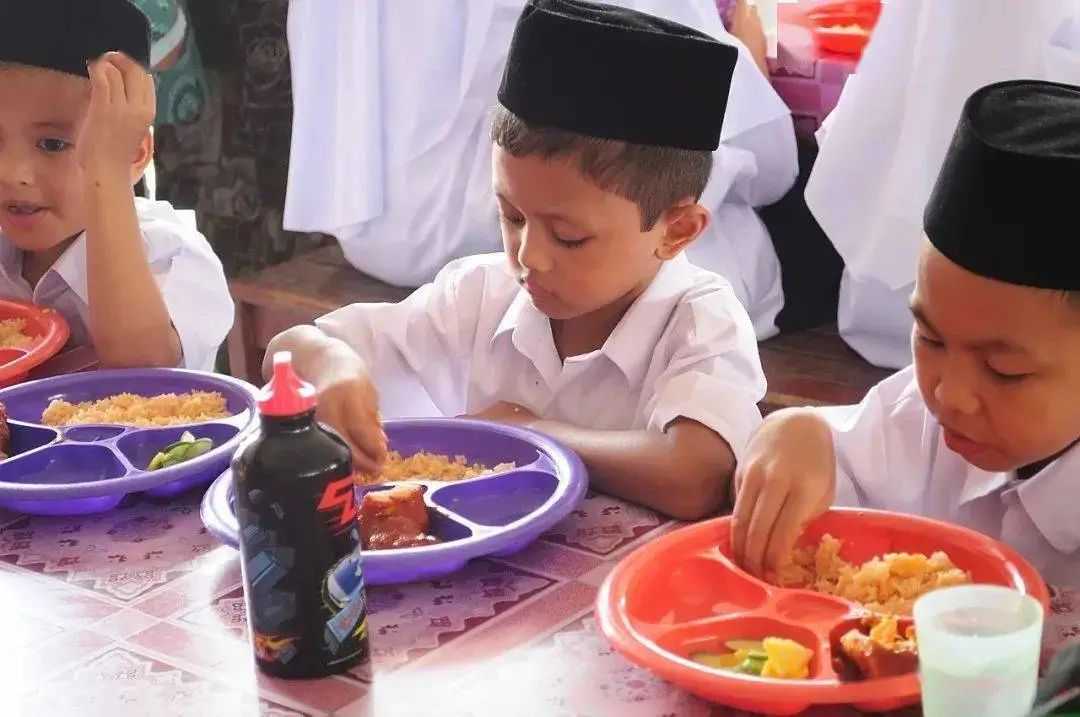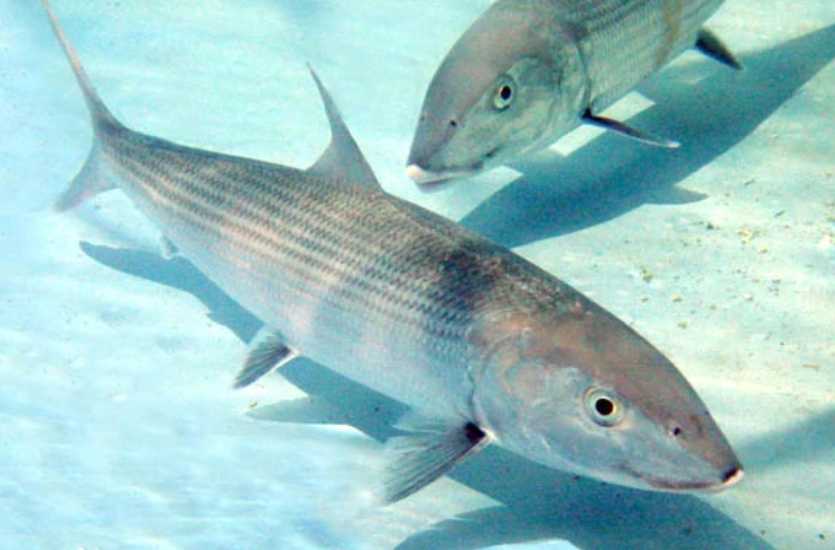
In Malaysia, hand - eating is a deeply ingrained cultural practice that continues to thrive. This tradition, far from being a universal rule, is prominently observed, especially among the Malay community and in certain cultural settings, and offers a unique and intimate dining experience.
When enjoying traditional Malay cuisine, such as fragrant nasi lemak, spicy rendang, or soft roti canai, many Malaysians prefer to use their hands. The process begins with a meticulous hand - washing ritual, emphasizing cleanliness. Then, diners skillfully scoop up bites of food, often combining rice, meat, and vegetables, savoring each mouthful in a way that utensils simply can't replicate. This method of eating is not just about practicality; it is also seen as a way to connect more closely with the food, enhancing the overall sensory experience.
However, it's important to note that Malaysia is a multicultural country, and the practice of hand - eating is not the only way to dine. Chinese - Malaysian and Indian - Malaysian communities often use chopsticks or cutlery for their respective cuisines. Moreover, in modern urban areas and formal dining settings, utensils are commonly used. Hand - eating in Malaysia remains a cherished cultural practice that reflects the country's rich heritage, coexisting harmoniously with more contemporary dining habits.





